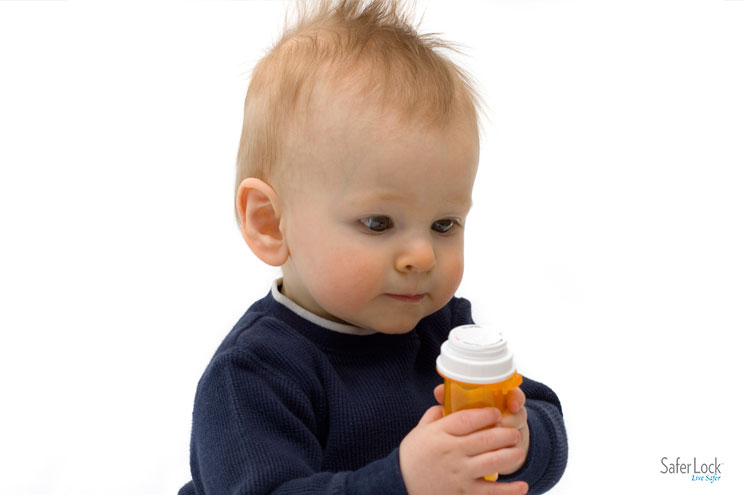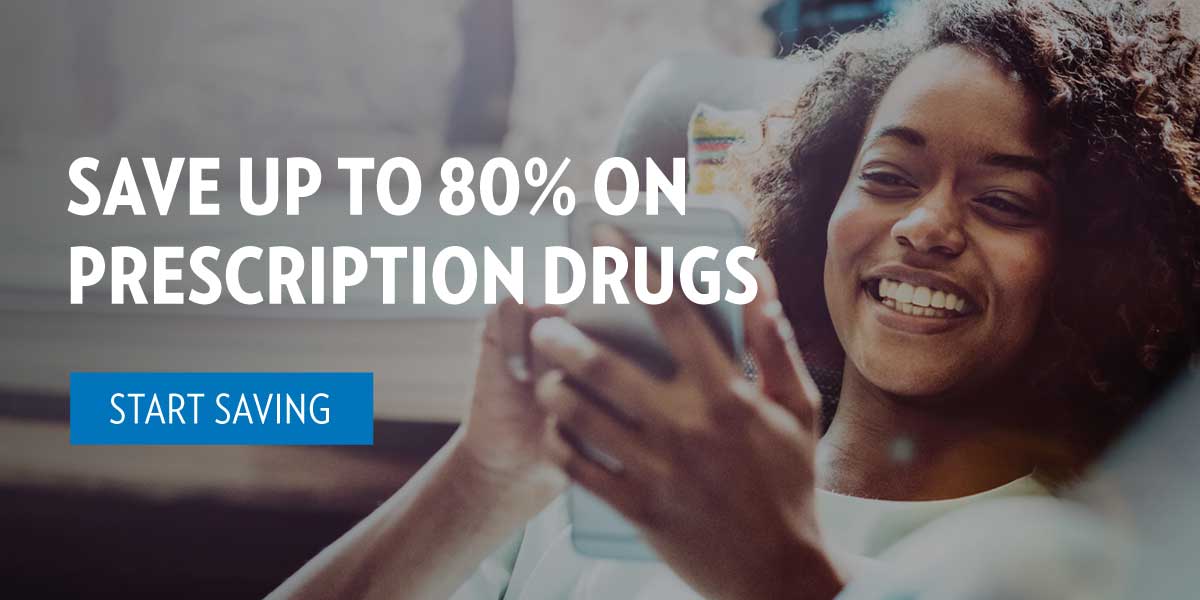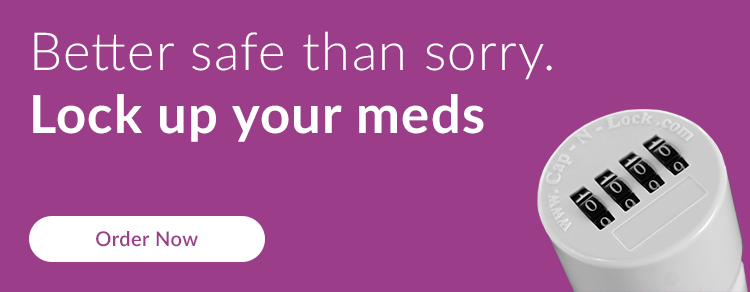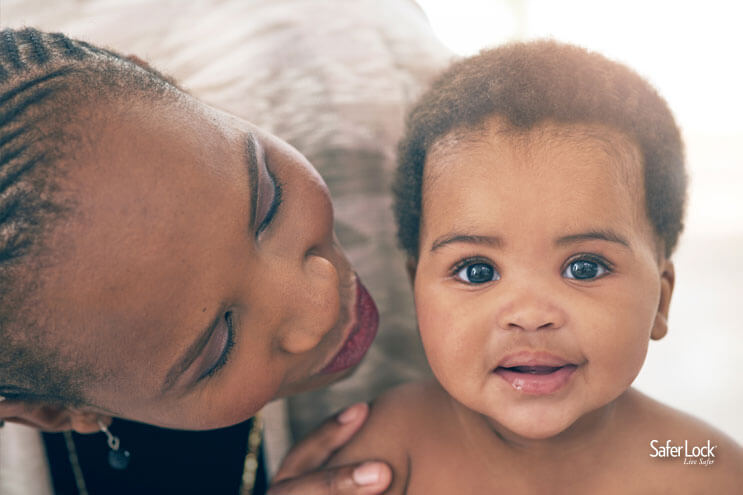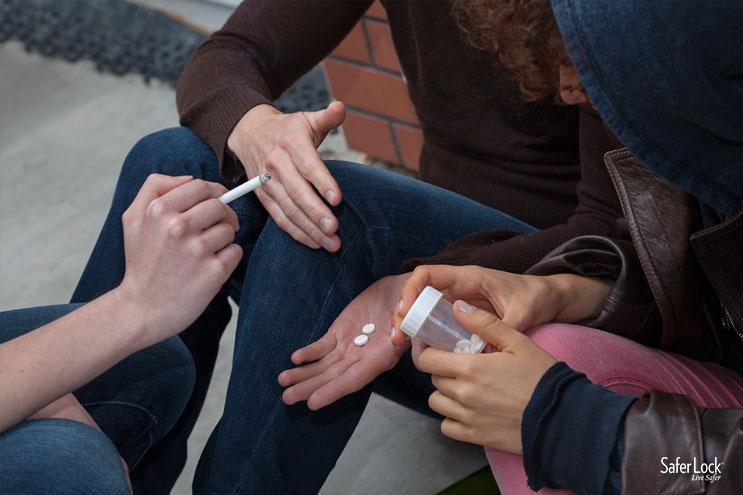Medication is part of our everyday lives. When you get a cold, you pick cough syrup up from the grocery store. When your teen needs surgery for a sports injury, she might come home with a prescription for a painkiller. When a migraine strikes, you reach for your OTC painkillers to stave off the headache.
There may be a lot of things in your medicine cabinet or on a bedside table that you consider helpful and relatively harmless. What you may not realize is how dangerous they could be in the hands of your young children and teens.
If your small children can get into your medicine cabinet, accidental overdose is a real threat. If your prescriptions are out in the open, your teens might be tempted to experiment with them.
If you haven’t already, these are the everyday items laying around your home that need to be securely locked up.
5 Innocent Items That Need To Be in Your Medication Lock Box
It’s important to store all of your medications properly by locking them up. If you have any of these 5 items in your home, make sure they’re stored safely.
#1: Prescription Painkillers
It can be hard to believe that our kids might be at risk of abusing prescription medication and painkillers. Yet, addiction to prescription medication is an epidemic. These meds are often easily accessible; more than half of all people who abuse prescription drugs got their medicine from a friend or relative.
Your teens may not even realize they are experimenting with “drugs.” Teens are more likely to perceive prescription medications as “safe” because they were prescribed by a doctor.
A medication lock box can help keep curious teens from experimenting with prescription drugs. Too often, addiction begins as curiosity- teens pull medication out of the medication cabinet and try a few pills. By preventing your teens from having easy access to your supply of medicine, you’re making it clear that prescription medications are dangerous.
#2: OTC Meds
Over-the-counter medications are deceptive drugs. They seem very safe – they’re cheap, available at every supermarket, and generally seen as helpful. However, when taken in large quantities OTC medicines such as cough syrup can be extremely dangerous.
Drinking too much cough syrup isn’t like having too much alcohol or too much vitamin C. OTC cough syrups contain DXM, a dissociative drug that impacts the brain in a way similar to PCP. Side effects of abuse can range from dizziness and paranoia to hallucinations.
The abuse of OTC medication containing DXM is frighteningly common: one in three kids knows someone who has abused cough medication. It’s important that your OTC medication be locked up in a safe place.
#3: Vitamins
If you have young children in the house, it’s important to keep your vitamins secured, especially gummy vitamins. (Kids frequently mistake these vitamins for candy.) Accidental vitamin overdose can send young children to the ER.
Poison control centers receive reports of more than 60,000 cases of vitamin toxicity every year. If you take vitamins such as vitamin A, vitamin D or multivitamins, it’s important that you have a medicine lock box to store them in.
#4: Supplements
Some parents may rely on natural or herbal supplements instead of prescription drugs or OTC medication believing them to be safer for their families. However, many of these supplements aren’t recommended for small children, and others may be dangerous when taken in large amounts. For example, the weight-loss supplement ephedra is popular as a form of “legal speed.” And an iron supplement that is beneficial for an adult could be poisonous to a child.
According to Consumer Reports, companies do not have to warn consumers about the dangers of side effects of supplements. What’s more, the government doesn’t have to review the supplements or test their safety before they’re sold. Because of the threat of accidental supplement overdose and the lack of regulation, it’s important that consumers remain cautious and lock their supplements up in a safe place away from their kids and teens.
#5: Pet Prescriptions
As the DEA and other administrative bodies crack down on prescription and OTC medication abuse, addicts are turning elsewhere for their fix. Pet prescriptions are just as tantalizing as any other form of medicine for an addict, so it’s vital that you lock these up too. Some pet medications share the same qualities that make human prescriptions so addictive. For example, your pet may be prescribed opioid pain relievers, or anti-seizure medication. If your pet is on prescription medication, lock it up in your medicine box for safe keeping.
We all want to take every precaution we can to keep our families safe and healthy. We wear our seatbelts, make sure the kids eat their vegetables. Securely locking up medications and pills is part of keeping your family safe and healthy, too. Everyday medications, prescriptions, and supplements can be dangerous if misused. Make sure you lock yours up and talk to your children about the dangers of medicine abuse.
